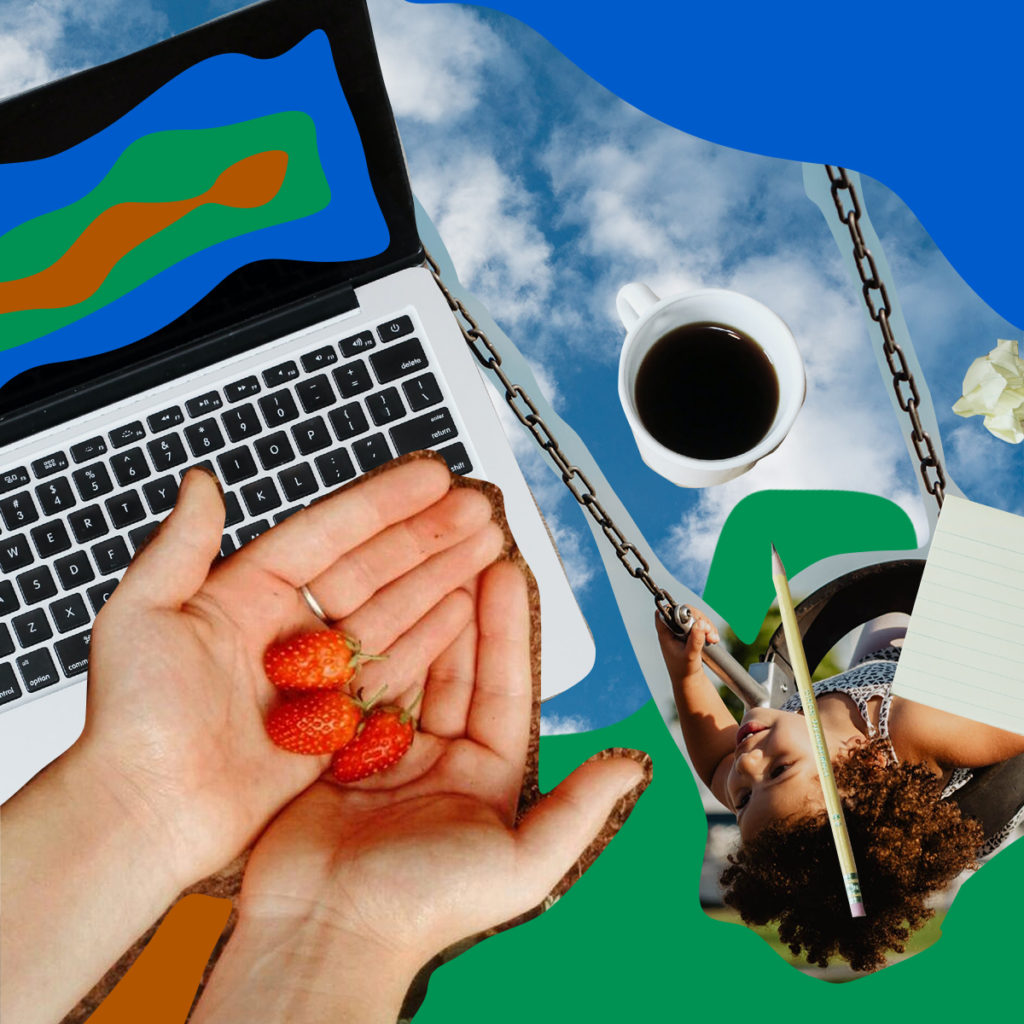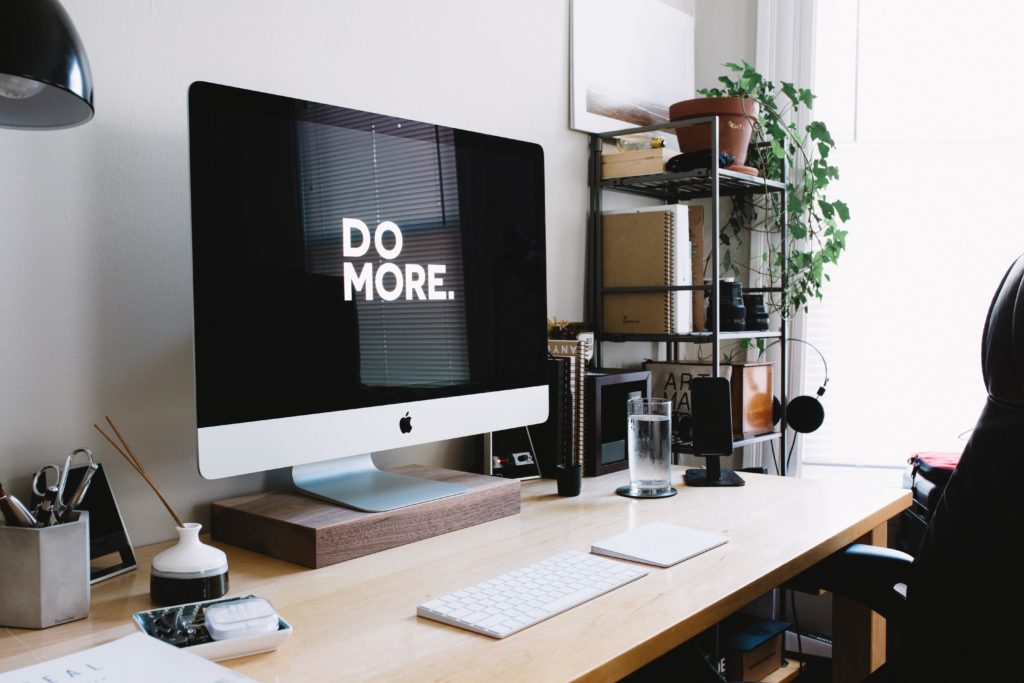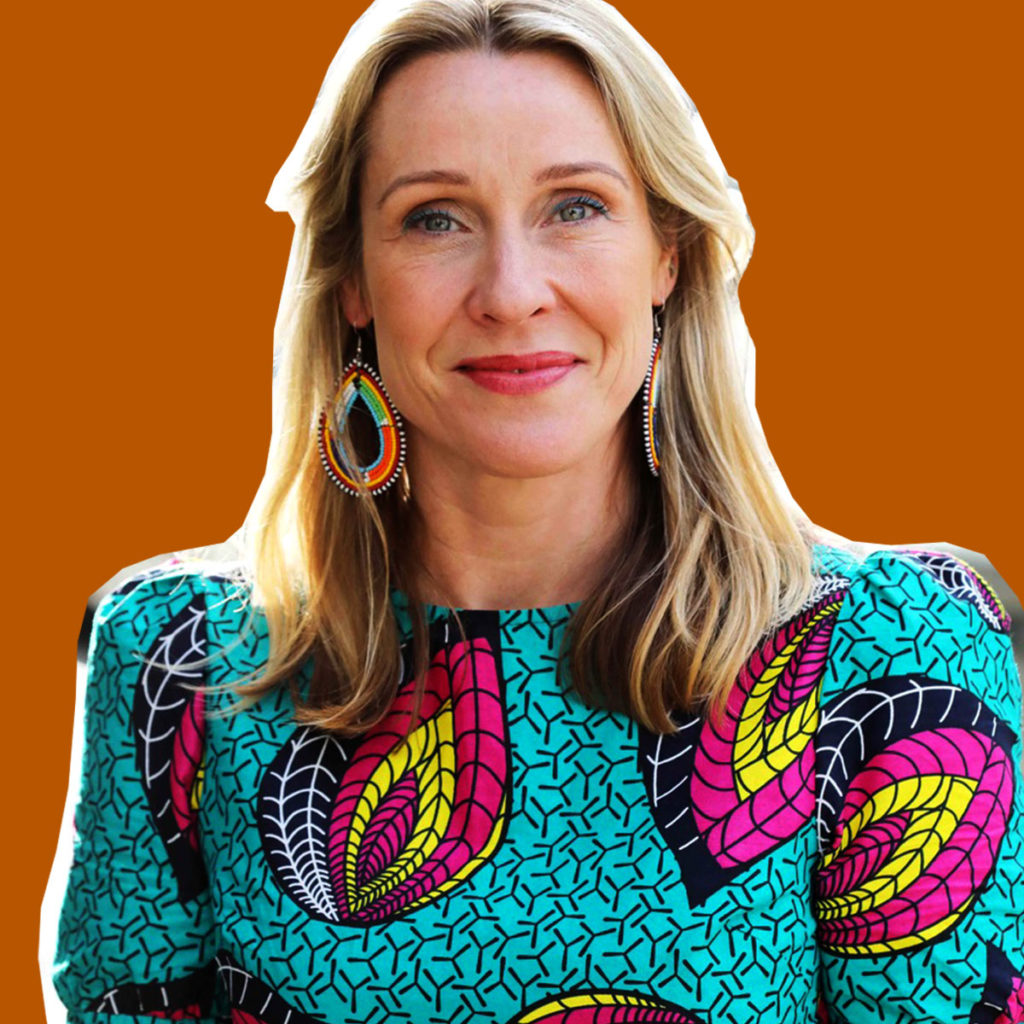
Enough Overwork
Paul Millerd has had a lot of conversations with a lot of confused people over the past year. As a writer and thinker whose work is focused on the modern relationship with work, Millerd found himself with a deluge of requests from friends, strangers, and online acquaintances in the spring of 2020, right after the pandemic shifted the way we work overnight. All of them wanted to know the same thing: What the hell is going on?
“Work is very central to our lives and people are confused when they start to feel it might not be,” Millerd, who is American, said from Taiwan, where he lives with his wife. “The people I speak to often haven’t even told their spouse they’re suffering and questioning things. Because what they’re sensing is if they follow this train of ideas they might have to blow up their life.”
Like so many problems in our culture, the pandemic laid bare the limitations of viewing work as the organizing principle and primary purpose of our lives. All of a sudden, the difference between essential work and creating content and spreadsheets became starkly clear. Meanwhile, the busy routines of a full-time salaried life — cocktail hours, lunch meetings, dry clean pick ups — fell away, and some people slowed down enough for the first time to wonder if the work they were doing was actually worth the lifestyle it afforded them.
Amidst all the tumult, a new relationship with work may be emerging.
One where our highest aspiration isn’t that 2010s cultural trope of working yourself to the bone doing what you love, but rather finding a way of working that still allows for a full, rich, and varied life alongside it — even if that means a lower income.
It’s not just about gaining more leisure time, but also the headspace and energy to engage in the kinds of societal issues that overworking keeps us too tired and burned out to contemplate.
Laura Hamilton is a thirty-something living in Edinburgh, Scotland. Before the pandemic, she worked in lifestyle journalism, and then communications for a tech firm, and would often hear from people that she was “living the dream.” After being made redundant during the pandemic, she is recasting what life and work might look like in its wake.
“It’s really interesting reading about this idea of ‘bullshit jobs,’” Hamilton said. “I’ve definitely worked doing jobs where I’m just like, there’s no value to this, we’re in some sort of capitalist paradigm that doesn’t work. Nobody needs this. Nobody asked for this.”
Post-redundancy, and while she completes an MBA, she has co-founded Compass Consultancy, which offers online workshops on leadership, confidence, and workplace culture. The crucial moment came when Hamilton and her co-founder both decided they wanted to decentralize work from their lives.

“I realized, don’t want to work more than 15 hours a week at this, and I don’t think we need to, because we’re good at what we do,” Hamilton, who notes her pared-down working hours in her email signature, said. “It’s all about productivity rather than working 9 to 5. We know how to get the best out of each other and our working styles.”
Hamilton said to facilitate that life, “I basically stopped buying things — it really helps.” That has freed up time for her other pursuits, including work on a novel. Eliminating what she termed lifestyle inflation — where “work’s so crazy, on your lunch break you need to go do some retail therapy” — felt in line with a broader goal to be more intentional and ethical about her consumption.
The consultancy is still in its infancy, but Hamilton and her co-founder see a sustainable financial path on the horizon. While she’s not sure if keeping her costs so low will remain as easy once the world reopens post-pandemic, she doesn’t see herself going back to focusing on only one project full-time in the future.
People like Hamilton are similar to the types that Millerd increasingly finds himself talking to: mostly knowledge economy professionals who have the choice to contemplate how they might work less. While they may make lifestyle changes to facilitate living on less income — helping spur a widely-reported exodus of professionals from mega-cities to cheaper places to live — they are starting from a level of social mobility and privilege in society which allows them to do so.

However, if we want a wholesale reimagination of how work functions in our lives, individual choices alone won’t cut it, says Aidan Harper, an economic researcher at the New Economics Foundation who has a focus on work and pay issues.
“Working time has always been a collective struggle and pretty much all gains we have in working time reduction [including weekends] were won by trade unions,” Harper said. “They were contested, it was not a straightforward path.”
Harper says the policies set forth by some governments in response to the pandemic — particularly the furlough and quasi-universal basic income schemes seen across Europe — may have a positive legacy when it comes to reimagining the individual’s entitlement to state funds in the absence of work.
“A society where we all have more time outside of work is in many ways a movement of wealth from business to the community,” Harper said. “The creation of an extra day a week where people aren’t at work — can you imagine what that would look like? The extra time people would have to engage in community activities, political parties, trade unions, gardening, local culture. It would be incredible, and work is robbing us of the potential to create so much more.”
Harper is involved in a campaign to enact a four day work week in Britain, something that had been slowly gaining traction even before the pandemic. In New Zealand, Unilever is trialling a four day week at no reduced pay. The think tank Autonomy has shown that a four day week would be affordable for most firms in the UK with no loss of income to the employee; they theorize enhanced productivity from better work life balance would offset the hours not worked.
But in a country like the US — where the social state is much less generous, the cultural ethic around work even more intense, and access to healthcare more or less synonymous with full-time work — that kind of top-down change seems a long way off.
While Millerd would love to see policy change lead to a world where people could work less, he also doesn’t rule out the possibility that individuals with the option can’t lead by example and start to shift what we think of as aspirational in the world. After all, the forces that lead us to work too much aren’t just economic and cultural — they’re psychological and emotion-based, too.
“The privilege callout is going to keep us from moving to a better relationship with work. It is often true that privilege is required to work less, but it’s a ‘yes, and’ situation,” Millerd said. “We need to see this as a suffering issue too. Too many people hide who they are at work. Everyone is dealing with something and we shouldn’t pair suffering with work.” He suspects that a main blockage for people admitting their work life is making them unhappy is shame. “There’s a certain shame if you have a good job that you’re not supposed to complain about work.”
And even if it is a privilege to work less, the gains that come from it don’t necessarily have to just benefit the individual with more free time. Working less in this conception isn’t about living more leisure- or pleasure-filled lives, though it may lead us there. It’s about leaving room for something other than personal ambition and acquisition of comfort under the constraints of capitalism.
For Millerd, that has meant having “curiosity conversations” with scores of people from around the world, free of charge, helping them reimagine what their life might be like if not defined by work. For some, it might be engaging in the climate movement, providing occasional child care to friends and neighbors who really need it, working in a garden, or creating art — not as a monetized side hustle, but just for the hell of it.
“One thing that has shifted is that people’s imaginations of the possibilities of life are slightly beyond where they were two years ago,” Millerd said. “We do what our peers do, we desire what our friends desire. If your friends are desiring to work less or are at least starting to question it, you might give yourself permission to dream in a new direction too.”




